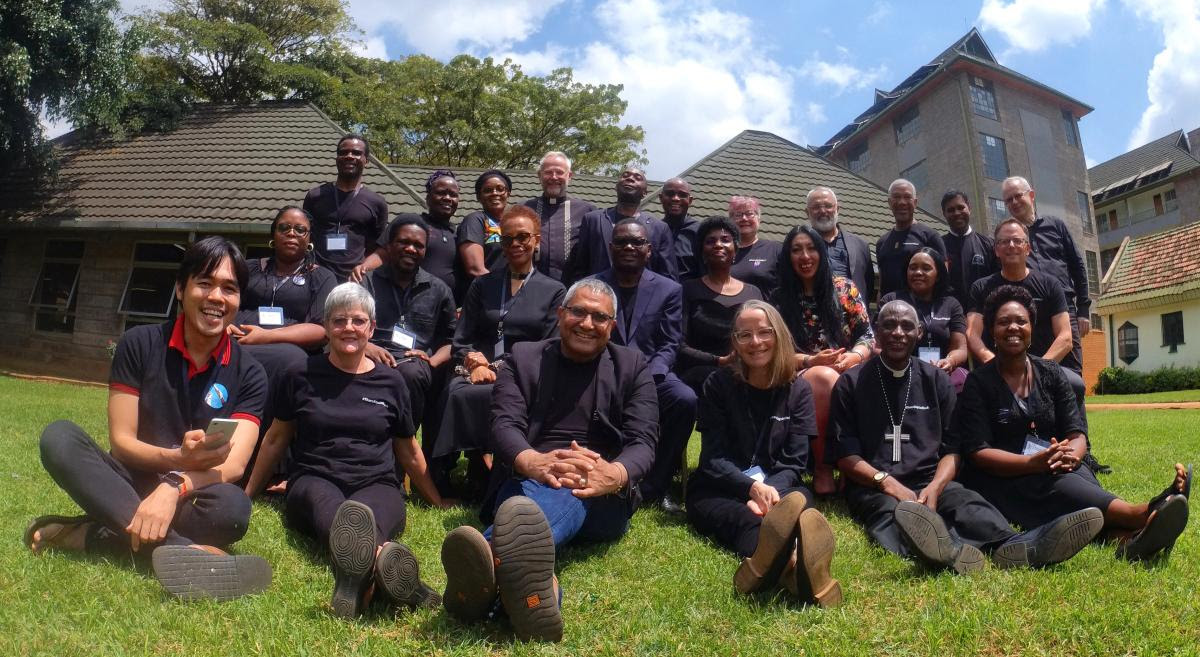The WCC Ecumenical HIV and AIDS Initiatives and Advocacy International Reference Group and the WCC Ecumenical Advocacy Alliance HIV and AIDS Strategy Group and Health and Healing met in Nairobi from 10-12 May. The first meeting after the beginning of the COVID-19 was a time of renewed fellowship and collaboration. The meeting particularly celebrated the inclusion of a skilled person living with HIV, Gracia Violeta Ross Quiroga in the staff of the WCC, bringing the lived reality of people with HIV to this work. Meeting in a changing world with a new epidemic of COVID-19 and the war in Ukraine, the participants emphasised that the old epidemics, wars, and challenges continue and that these events have significantly affected the global HIV response and the targets we have set. HIV continues to impact the lives of millions and, despite progress, continues to be a public health threat. Rev. Godson Lawson-Kpavuvu, chairperson of WCC Ecumenical HIV and AIDS Initiatives and Advocacy International Reference Group, said that the meeting acknowledged that ending AIDS is dependent on ending inequality and that there is a theological, ethical, and spiritual imperative for a faith response to HIV. The meeting discussed the time of change in the WCC and expressed the hope that the WCC 11th Assembly, meeting later this year, considers the meaningful role of faith communities in the HIV pandemic as they give direction to the WCC for the next eight years. The decision of the central committee to establish a Commission of the Churches on Health and Healing continues to raise great interest. The commission by-laws will be presented for approval by the central committee in June 2022. The members of the commission will be elected in June 2023 by the central committee, along with the new membership of other WCC commissions. Prof. Dr Isabel Apawo Phiri, deputy general secretary at the World Council of Churches said that there are fears that the HIV work of the WCC will be diminished but that it is in fact the opposite. She reassured participants that the purpose of the commission is to consolidate and strengthen the HIV work of the WCC. This decision is particularly important when the focus on HIV, as well as the resources and commitment, continues to diminish, also in faith communities. The group emphasised the role of faith communities in addressing HIV prevention, treatment, care and support, and in addressing stigma and inequality. WCC's work on Health and Healing Ecumenical HIV and AIDS Initiatives and Advocacy (EHAIA) Ecumenical Advocacy Alliance | 
No comments:
Post a Comment